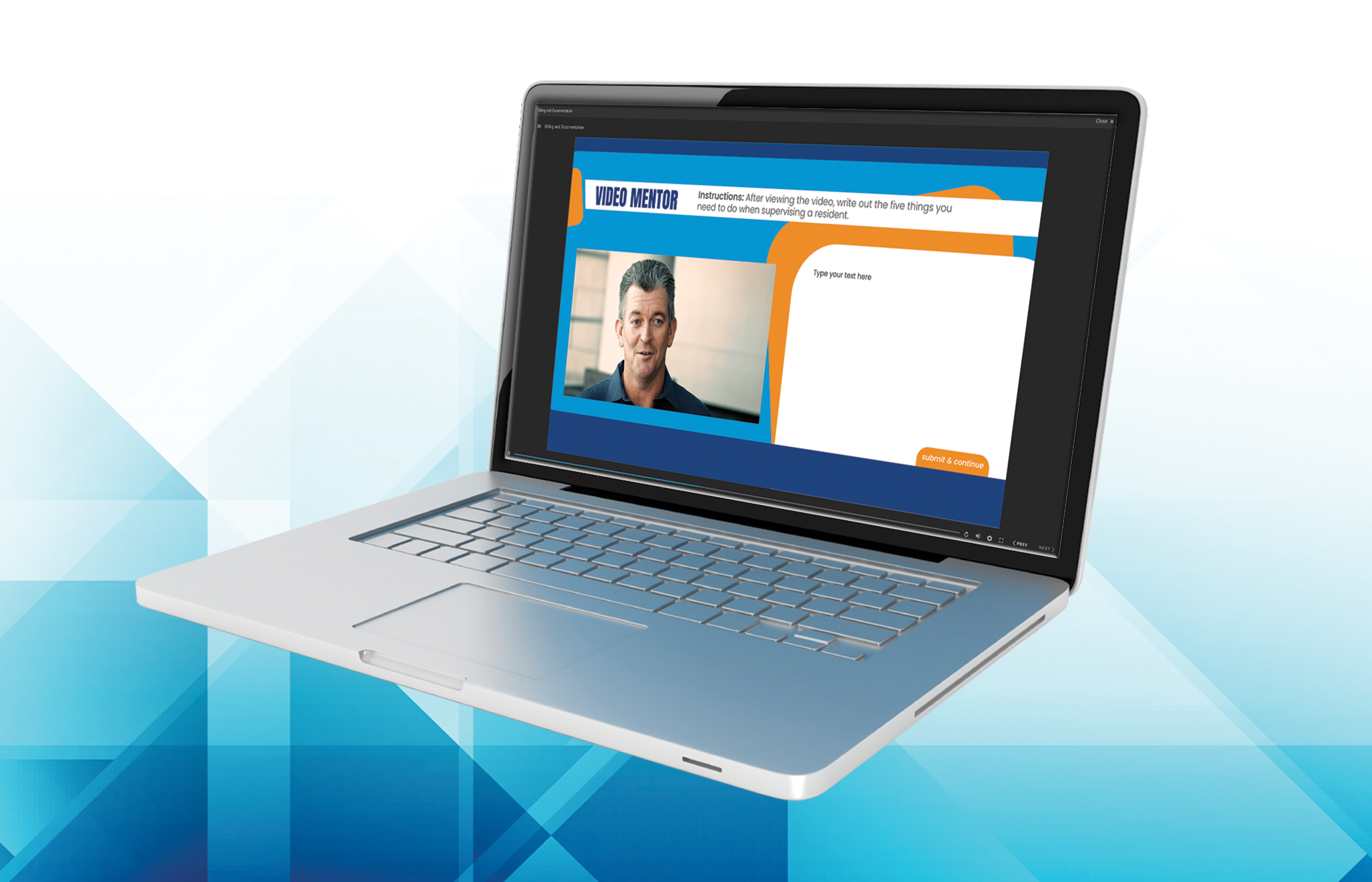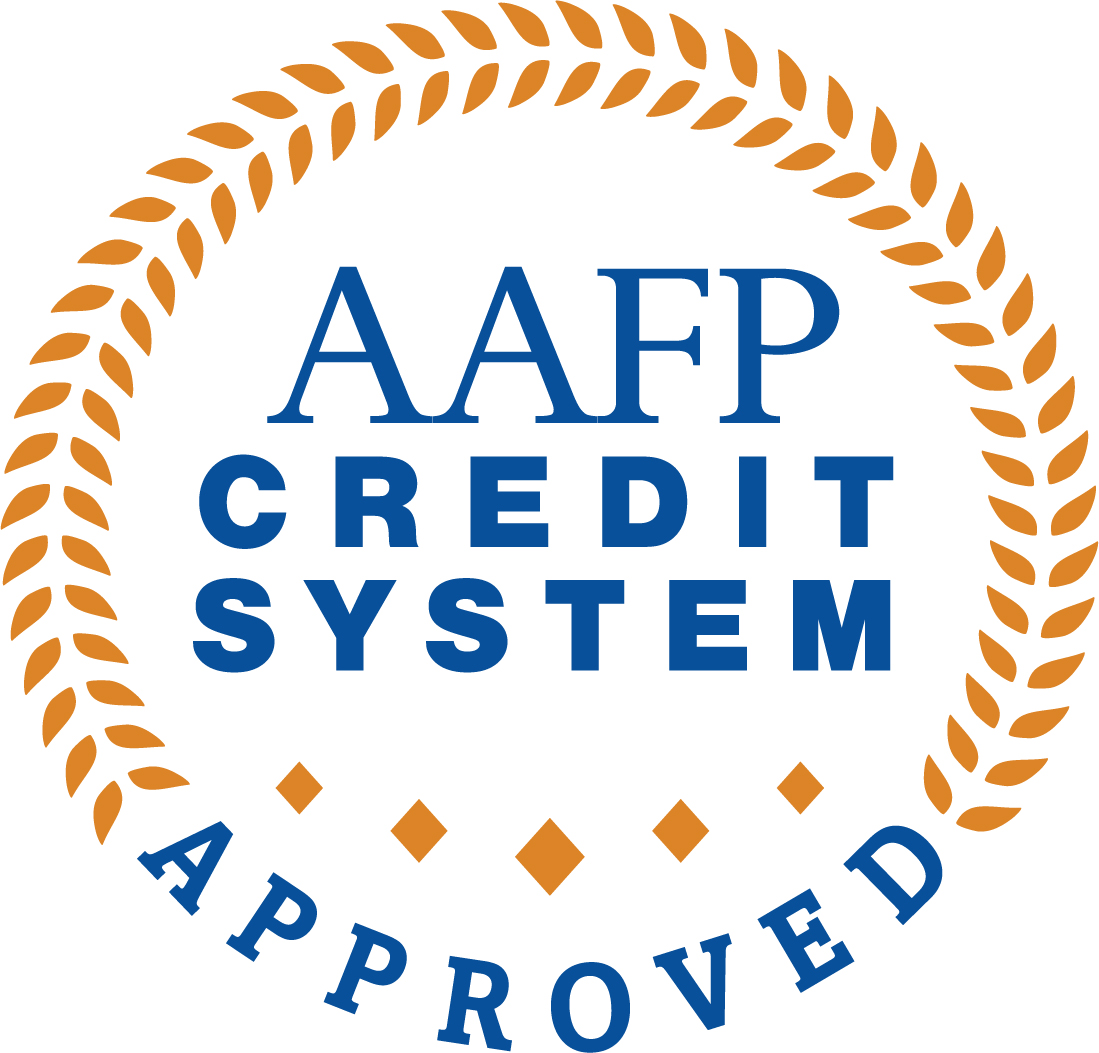This certificate program includes 14 self-led online courses with assignments to provide foundational training for residency faculty. Each of the 14 individual courses include interactive modules, reflective activities, readings, videos with experienced faculty, quizzes, and assignments to reinforce learning. Faculty instructors provide feedback on select assignments.Completion of the track requires a minimum of 35 hours and covers:
- The structure and requirements of residency education
- How to be an effective and efficient faculty member
- The nuts and bolts of curriculum development and teaching
- Strategies for assessment, feedback, and remediation of residents
2023 Update to Residency Faculty Fundamentals Certificate Program
The entire certificate program was updated from the ground up in 2023 with:
- More than 20 new videos by experienced faculty
- Updated content in nearly all courses with significant content added to Residency Recruiting & Interviewing, Giving Feedback, Classroom Teaching Skills, Structure & Funding of Residency Programs, and Scholarly Activity
- Enhanced module functionality & accessibility
Certificate Requirements
To graduate, participants must complete all courses and assignments and pass a final exam. Courses include readings, videos, interactive modules, quizzes, and assignments.Graduates receive a certificate, a letter of congratulations noting the accomplishment, a letter to their program director, and a press release to distribute locally. They will also be listed on the STFM website here.


